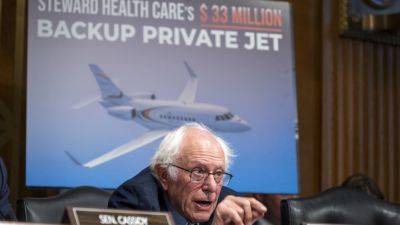The Campaign Issue That Isn’t: Health Care Reform
Donald J. Trump tried to repeal Obamacare in 2017. Kamala Harris proposed a fundamental restructuring of U.S. health care in 2019, a move to a single- payer system.
These bold ideas were no aberration. In nearly every major presidential race for decades, health care has been a central issue. Remember Bill Clinton’s (doomed) health reform plan? George W. Bush’s Medicare drug plan? Mitt Romney’s Medicare privatization proposal? Bernie Sanders’s Medicare for all?
As you may have noticed, with less than two months until Election Day, big, prominent plans for health reform are nowhere to be seen. Even in an election that has been fairly light on policy proposals, health care’s absence is notable.
There were no days of either party’s convention devoted to the plight of the uninsured or the middle-class families saddled with high premiums. Health care is only briefly mentioned in either candidate’s stump speeches or television ads. There aren’t even full pages on the candidates’ websites with their plans for an industry that represents a sixth of the U.S. economy — though the Harris campaign recently published several paragraphs. When the Affordable Care Act came up at the debate, near the end, the candidates offered few specific policy proposals.
“This is the first election in maybe decades where health reform has not been a central issue,” said Larry Levitt, the executive vice president for health reform at KFF, a health research group.







